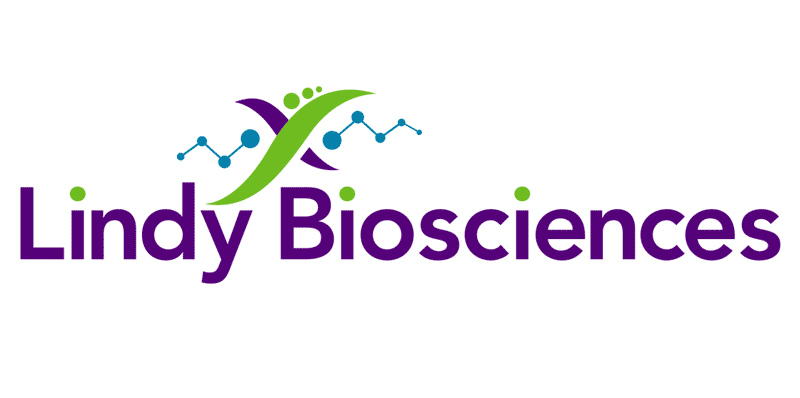More efficient preservation methods for bulk drug substance (DS) must be developed to
accommodate the increasing use of biologics. Current preservation methods are costly, not
easily scaled and require storage at ultra-low temperatures.
Lindy Biosciences is developing Microglassification™, a dehydration technology that preserves biologics during downstream purification, reduces storage volumes, and makes biologics less sensitive to temperature changes, allowing for quick response to demand changes.
Demonstrated stability of a Microglassified™mAb
Demonstrated stability of a Microglassified™scFv
Published two scale-up cost and risk analysis reports:
Microglassification(TM) Scale-up Cost and Risk Analysis Report
Bulk Drug Substance Preservation of Biologics: Challenges, Complexities, Costs & Commentary
Reduce frozen bulk storage volume by ~95% and eliminate the need for long-term storage at temperatures below -20°C, possibly allowing storage at 2-8°C or higher.
Microglassification™ is compatible with a continuous-processing environment.
Addresses the industry’s growing need for storage of large-volume production of bulk drug substance or bioreactor harvest.
Chandrababu, K. B., Kannan, A., Savage, J. R., Stadmiller, S., Ryle, A. E., Cheung, C., Kelley, R. F., Maa, Y., Saggu, M., & Bitterfield, D. L. (2024). Stability Comparison Between Microglassification and Lyophilization Using a Monoclonal Antibody. Journal of Pharmaceutical Sciences, 113(4), 1054-1060. https://doi.org/10.1016/j.xphs.2023.10.021
Login to the NIIMBL member portal to access more, including:
Not yet a member? Learn more about which level of NIIMBL membership is right for you and your organization.

Lindy Biosciences, Inc.

Genentech, Inc.

North Carolina State University